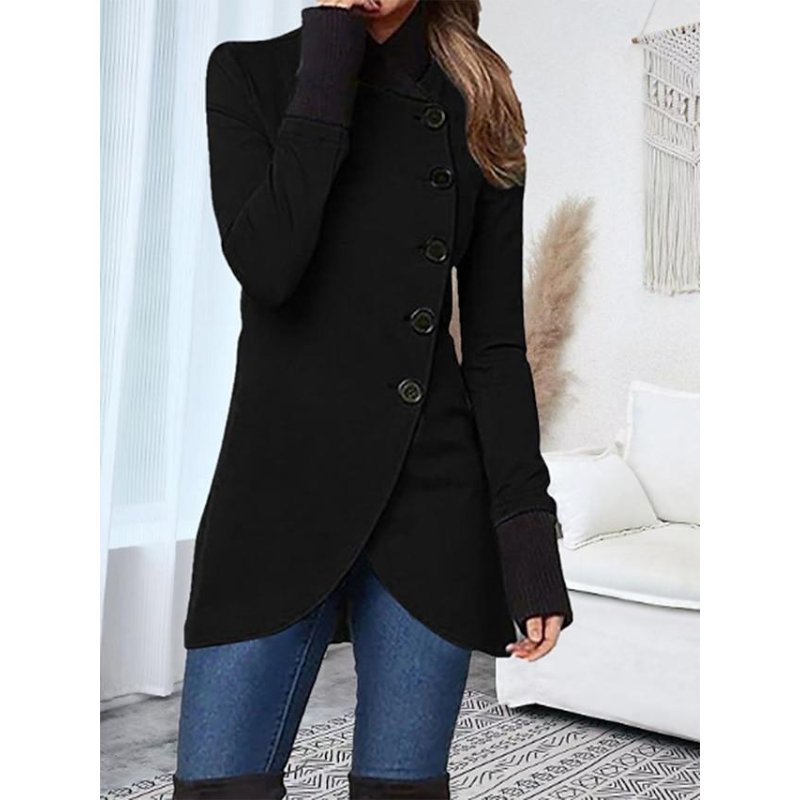Tag: fashion, clothing, modern society, trends, style
In today’s fast-paced and ever-evolving world, one aspect that remains constant is the importance of clothing. From ancient civilizations to modern societies, fashion has played a crucial role in our daily lives. Whether we realize it or not, what we wear reflects our personal identity and influences how others perceive us.
Fashion has come a long way since its inception. In the past, clothing was primarily used for practical purposes such as protection from weather and environmental elements. However, with time came the evolution of social norms and cultural values which greatly influenced the concept of fashion. As societies developed their own unique styles and trends, clothing became a means of self-expression and communication.
Today’s fashion industry is a multi-billion dollar business that continuously sets new trends and standards worldwide. With the rise of social media platforms like Instagram and TikTok, where influencers showcase their outfits on a global scale, keeping up with current fashion becomes even more critical for some individuals. This phenomenon has led to an increase in consumerism as people strive to fit into societal ideals of beauty and success.
However influential it may be in shaping our preferences and choices; there are also negative aspects associated with this rapidly changing industry. Fast-fashion companies produce low-quality garments at incredibly low prices while exploiting cheap labor overseas which raises ethical concerns amongst consumers who are becoming increasingly conscious about sustainable practices.
Moreover, many argue that following trends blindly leads to homogenization rather than individuality as everyone ends up wearing similar looks regardless of their personal tastes or body types.
Despite these criticisms surrounding the world of fashion; clothes remain an integral part of our society’s culture – from religious attire to professional suits or casual streetwear – they reflect various facets such as gender roles or social status contributing significantly towards communicating non-verbal messages between individuals.
In conclusion, fashion is not just about clothes; it’s a form of self-expression and an indicator of cultural values. It has the power to influence societies and individuals alike, creating endless possibilities for creativity and innovation while also raising important social issues. As we continue to witness the ever-changing world of fashion, let us remember to embrace our personal style and make conscious decisions that align with our beliefs and values rather than blindly following trends.

